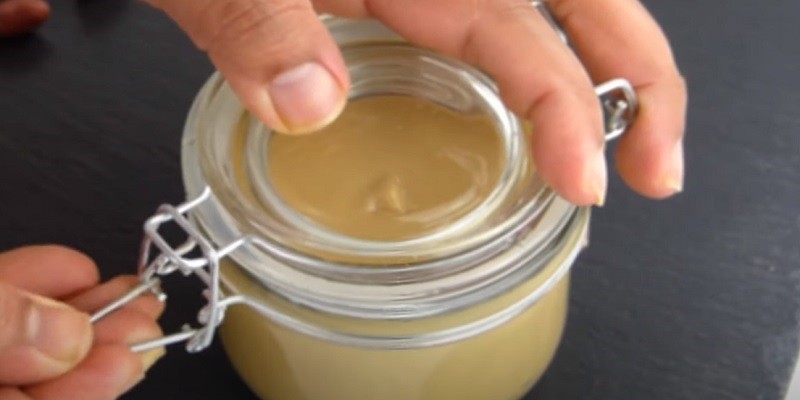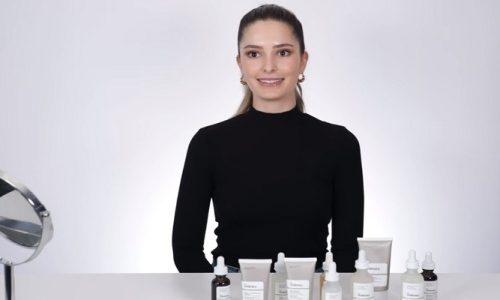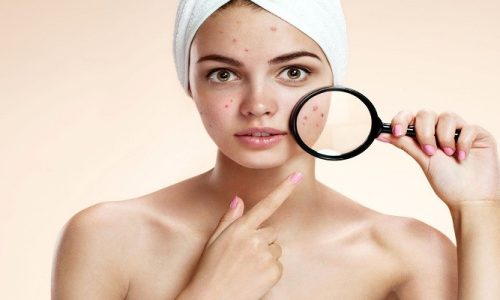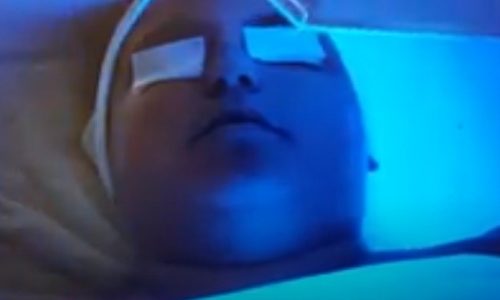Last Updated on June 18, 2025 by Jaclyn A. Neeley
Peanut butter, a beloved staple in many households, is not only a delicious spread but also a topic of debate when it comes to skin health. While some tout its benefits for moisturizing and anti-aging, others warn of its potential to cause acne and inflammation. This article delves into the various aspects of peanut butter’s impact on skin health, examining both the positive and negative effects.
Nutritional Composition of Peanut Butter
Peanut butter is rich in several nutrients that are beneficial for the skin. It contains:
- Vitamin E: An antioxidant that helps protect the skin from free radicals and UV damage.
- Magnesium: Aids in cellular regeneration and combats skin fatigue.
- Healthy Fats: Such as oleic acid, contribute to skin hydration and elasticity.
- Niacin (Vitamin B3): Helps improve blood circulation and has anti-inflammatory properties.
- Protein: Essential for collagen production, which keeps the skin firm and supple.
Benefits of Peanut Butter for Skin
Moisturizing Properties
One of the most significant benefits of peanut butter for the skin is its moisturizing effect. The oils in peanut butter provide deep hydration, making it an excellent ingredient for combating dryness and flakiness. This can be particularly beneficial during the winter months when the skin tends to lose moisture more rapidly.
Anti-Aging Effects
Peanut butter’s rich content of antioxidants, such as vitamin E and resveratrol, helps to fight the signs of aging. These compounds can reduce the appearance of fine lines and wrinkles by neutralizing harmful free radicals and improving skin elasticity.
Acne and Blemish Treatment
While it may seem counterintuitive to apply a fatty substance to acne-prone skin, peanut butter’s niacin content can help to soothe inflammation and redness. Its antibacterial properties can also aid in preventing acne breakouts. However, this benefit is more nuanced and depends on the individual’s skin type and the specific formulation of the peanut butter used.
Exfoliation and Brightening
The texture of peanut butter makes it a natural exfoliant. When used as a face mask, it can gently remove dead skin cells, revealing brighter and smoother skin underneath. The niacin in peanut butter also has skin-brightening effects, helping to even out skin tone and reduce hyperpigmentation.
Potential Drawbacks of Peanut Butter for Skin
Acne and Inflammation
Peanut butter is rich in omega-6 fatty acids, which can act as potential triggers for inflammation. An imbalance between omega-6 and omega-3 fatty acids can lead to an inflammatory state, exacerbating conditions like acne. Additionally, many commercial peanut butters contain added sugars and hydrogenated oils, which can further aggravate acne-prone skin.
Allergic Reactions
Peanut butter is a common allergen, and for people with peanut allergies, even a small amount can cause severe reactions, such as anaphylaxis. Topical application can also lead to localized urticaria (hives) in sensitive individuals.
Potential for Weight Gain and Skin Issues
Peanut butter is high in calories and fat, so overconsumption can lead to weight gain, which may indirectly affect skin health. Excessive intake of high-calorie foods can lead to hormonal imbalances and skin issues like acne.
Scientific Studies and Anecdotal Evidence
Several anecdotal reports and small-scale studies have highlighted both the positive and negative effects of peanut butter on the skin. Users have reported improved hydration, reduced acne, and a more even skin tone after incorporating peanut butter into their beauty routines. However, other reports suggest that high intake of peanut butter, especially those with added sugars and oils, can lead to acne flare-ups and inflammation.
How to Use Peanut Butter in Your Beauty Routine
There are several ways to incorporate peanut butter into your skincare regimen:
- As a Moisturizing Face Mask: Apply a thin layer of natural, unsweetened peanut butter to your face and leave it on for 15-20 minutes before rinsing off with lukewarm water.
- Combined with Other Ingredients for a Homemade Scrub: Mix peanut butter with sugar or salt to create a gentle exfoliating scrub.
- As a Spot Treatment for Blemishes: Apply a small amount of peanut butter to acne spots to help reduce inflammation.
- In DIY Lip Balms for Chapped Lips: Combine peanut butter with beeswax and coconut oil to create a nourishing lip balm.
Precautions and Best Practices
When using peanut butter for skincare, it’s essential to use it in moderation and conduct a patch test to ensure you don’t have an adverse reaction. Opt for natural, unsweetened peanut butter to avoid skin irritation from added sugars and preservatives. Additionally, those with peanut allergies should avoid its topical use altogether.
Conclusion
Peanut butter is more than just a pantry staple; it’s a versatile ingredient that can enhance your beauty routine. With its moisturizing, anti-aging, and skin-brightening properties, peanut butter can help you achieve a radiant complexion. However, it’s crucial to be aware of its potential drawbacks, such as the risk of acne and allergic reactions. By understanding its benefits and incorporating it wisely into your skincare regimen, you can unlock the full potential of this humble spread.
Whether peanut butter is good or bad for your skin largely depends on individual skin types and sensitivities. For some, it can be a nourishing and hydrating addition to their skincare routine, while for others, it may exacerbate skin issues like acne and inflammation. As with any skincare ingredient, moderation and careful selection of products are key to reaping the benefits while minimizing the risks.
FAQs
Is peanut butter bad for the skin?
Peanut butter can have both positive and negative effects on the skin. While it contains beneficial nutrients like vitamin E and healthy fats that can moisturize and protect the skin, it also has high levels of omega-6 fatty acids and lectins, which can cause inflammation and potentially worsen acne in some individuals.
Does peanut butter clog your pores?
Peanut butter can potentially clog pores due to its high content of omega-6 fatty acids and added sugars, which can increase sebum production and inflammation. This can lead to blocked pores and acne breakouts, especially in individuals with acne-prone skin.
Can I eat peanut butter for acne?
Eating peanut butter may not be advisable for those prone to acne, as it contains omega-6 fatty acids and added sugars that can exacerbate inflammation and sebum production, leading to breakouts. However, reactions can vary, and some people may not experience any adverse effects.
Does peanut butter glow skin?
Peanut butter can contribute to glowing skin due to its rich content of vitamin E, antioxidants, and healthy fats. These nutrients help protect the skin from free radicals, improve hydration, and maintain skin elasticity, which can result in a healthier, more radiant complexion.
Can peanut butter help with sensitive skin?
Peanut butter can help with sensitive skin due to its moisturizing properties and anti-inflammatory compounds like vitamin E and resveratrol. These ingredients can soothe and hydrate the skin, reducing dryness and irritation. However, individuals with peanut allergies should avoid its use.







